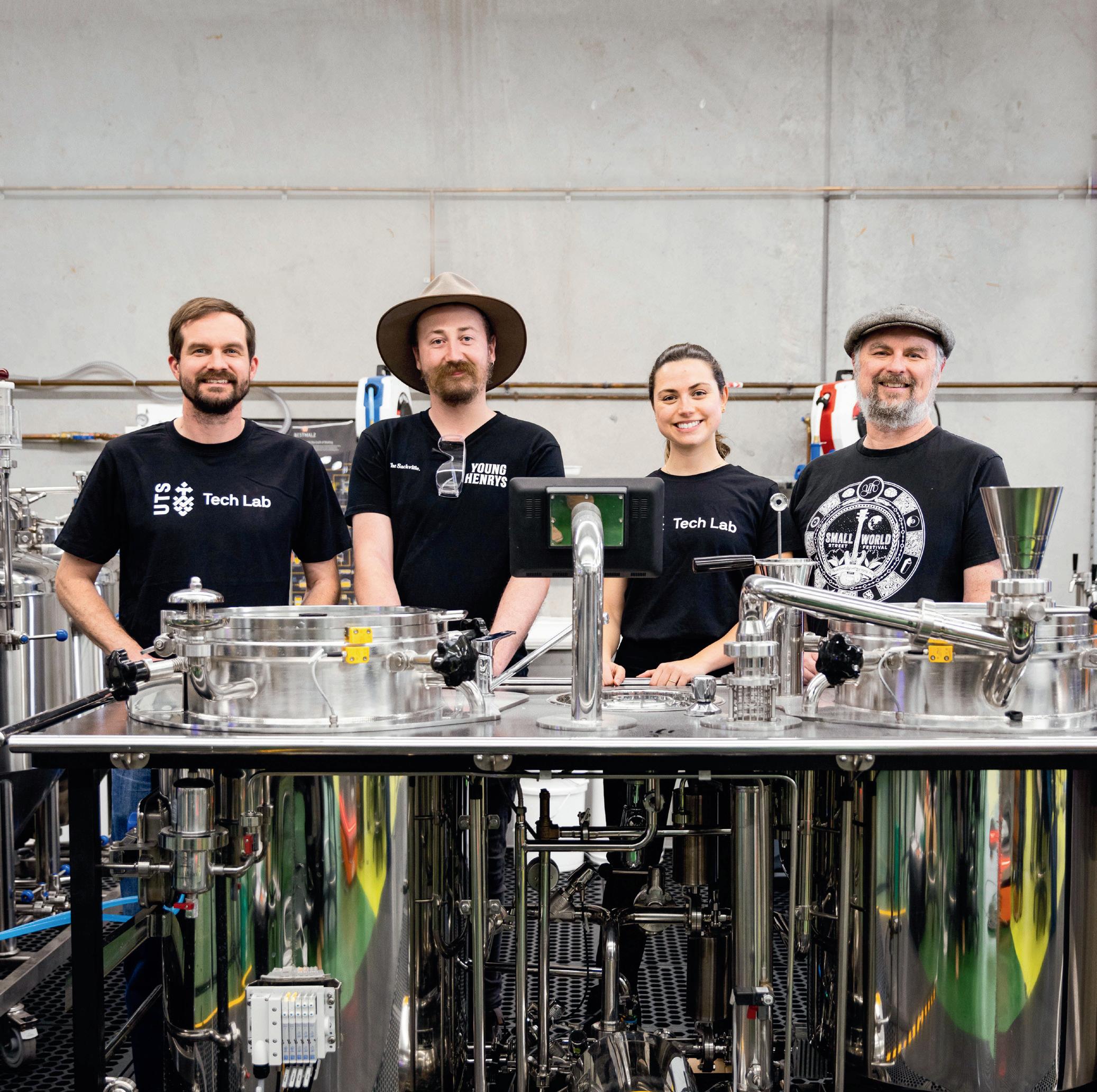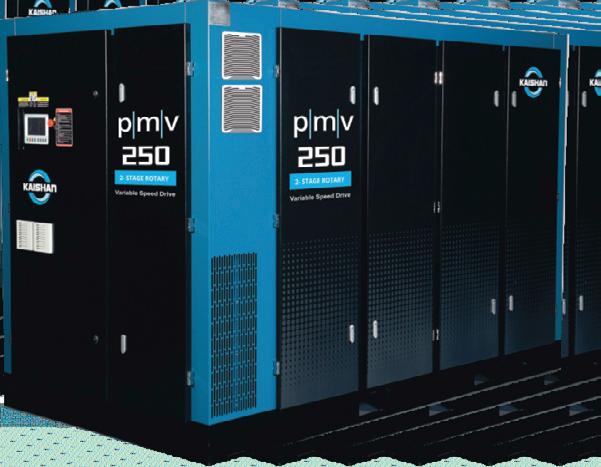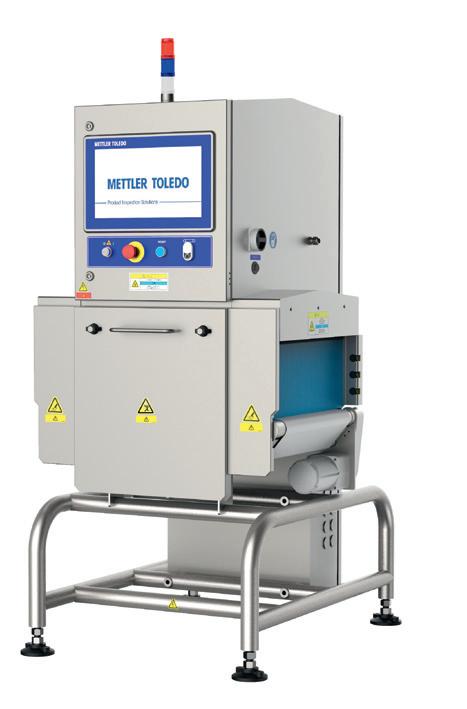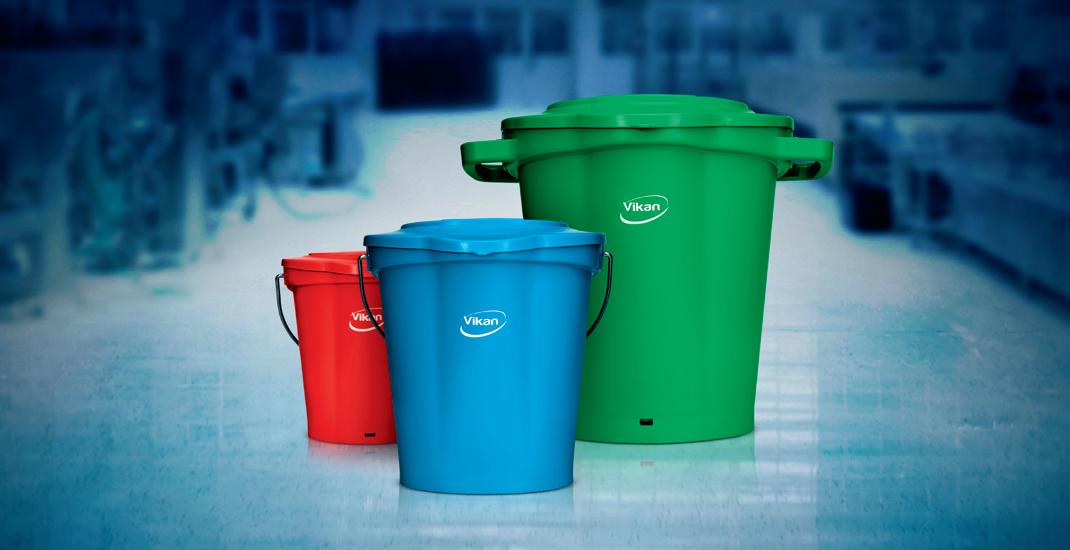
4 minute read
Brewery 4.0: UTS teams with Young Henrys to make smarter beer
Brewery 4.0:
UTS teams with Young Henrys to make smarter beer
The University of Technology Sydney (UTS) and Young Henrys Brewery are pairing brewing technology with brewing knowledge to develop a more sustainable pint.
The UTS Industry 4.0 Brewery, located at UTS Tech Lab, is a 5G-connected microbrewery powered by Nokia’s technology. Using an automated system to continuously monitor the brewing process and the beer, the system analyses data collected throughout the brew to precisely control both the boiling and fermentation processes at the heart of beer production.
“The UTS Industry 4.0 Brewery is pushing the boundaries of what breweries can do,” said Dr Nick Bennett, from the UTS Centre for Advanced Manufacturing.
“Automating the brewing process can reduce waste, save time and energy, and result in a product made entirely from locally sourced ingredients. Making beer production more efficient is key to making the industry more sustainable.”
Industry 4.0 technology is about smart automation and the use of robotic systems equipped with machine learning algorithms. It includes the use of artificial intelligence (AI) to optimise processing conditions and increase the predictability and quality of the final product.
Young Henrys is currently in the research and development phase of a new craft beer and using the UTS Industry 4.0 Brewery as a test facility.
“The nanobrewery helps us refine a digital recipe for the beer in an advanced timeframe due to the sophisticated technology,” said Richard Adamson, Young Henrys’ Co-Founder.
“Young Henrys is committed to working towards a greener future as well as making good beer, and we’re keen to explore ways the brewing industry can move closer to carbon neutrality.”
The collaboration between UTS and Young Henrys ensures the research findings and machine learning techniques are directly transferable to industry.
Resulting research findings will also be highly relevant beyond beer, for example, for smart and sustainable manufacturing processes, and supply chain logistics.
[From left to right] Nick Bennett (UTS Centre for Advanced Manufacturing), Jesse Searls (Head Brewer, Young Henrys), Laryssa Raffa (PhD Student, UTS) and Richard Adamson (Co-Founder, Young Henrys).


To make food industry machines and systems even safer, Treotham has introduced the igus iglidur A181 high-performance plastic as a spherical ball material for the igubal Food Contact (FC) joint system. The spherical ball is designed to have three times the wear resistance of its iglidur FC180 predecessor, cost 25% less and is lubrication-free, maintenance-free, hygienic and compliant with FDA and EU 10/2011.
The FC joint system housing is still made of igumid FC — a robust, corrosion-free highperformance plastic that is resistant to moisture, acids, alkalis and UV radiation. Recently, however, the spherical ball inserted into the housing has been switched from FC180 to iglidur A181.
Using the FC joint system with the new A181 spherical ball can improve the hygiene of machinery and equipment in the food industry. Unlike metallic spherical bearings, it requires no external lubricant that dirt and dust can stick to and cause a potential contamination risk. Instead, igus incorporates a solid lubricant into the material that is released automatically over time, ensuring low-friction, hygienic dry operation. Both the housing and the new spherical ball material are thus compliant with FDA and EU 10/2011.
To further improve hygiene, both bearing housing and spherical ball are dyed blue, a colour on which food residue and mould spores can be quickly identified during cleaning checks and that facilitates optical detection in the case of machine damage. Foodcompliant, detectable additives are also integrated into the housing material. In an emergency, they allow metal detectors to find even the tiniest fragments — in the range of one tenth of a gram.
Treotham Automation Pty Ltd
www.treotham.com.au Heavy-duty, food-grade buckets provide for a multitude of uses in food processing facilities. The Vikan range includes three different sizes — 6, 12 and 20 L variants. All buckets come in up to 12 colours, are fully calibrated and are hygienically designed. Bucket lids (also colour coded) are also available in colours to suit each sized bucket.
The bucket range is suitable for carrying, storing and dispensing ingredients and also for allergen control by using different coloured buckets for allergens. Likewise, Vikan hand scoops and shovels are available in 10+ colours to be used in conjunction with the buckets.
Aside from ingredients, the buckets are a suitable for use with chemicals and brushes for cleaning down equipment in food processing facilities. The buckets can be washed at high temperatures and also hygienically stored on the Vikan bucket wall bracket, either upright or also upside down for draining and drying.
Vikan’s range of food-grade buckets is available exclusively from Wells and its authorised distributors.
WR&D Wells Pty Ltd www.wrdwells.com

X-ray product inspection machine
Mettler-Toledo Product Inspection has launched the X12 inspection solution with high detection sensitivity into the market. It is an entry-level system with contaminant detection with a layer of product safety and quality assurance checks.
The X12 is equipped with ContamPlus X-ray inspection software algorithms which enhance detection capabilities for a wide range of contaminants.
Designed to meet the needs of food manufacturers producing packaged products, the product is designed to be an affordable X-ray solution delivering advances in ease of operation, maintenance and servicing, as well as improved safety features.
The highly sensitive solution is suitable for brand owners requiring cost-effective contaminant detection with the additional benefit of pack and product integrity checks.
Mettler-Toledo Ltd
www.mt.com










